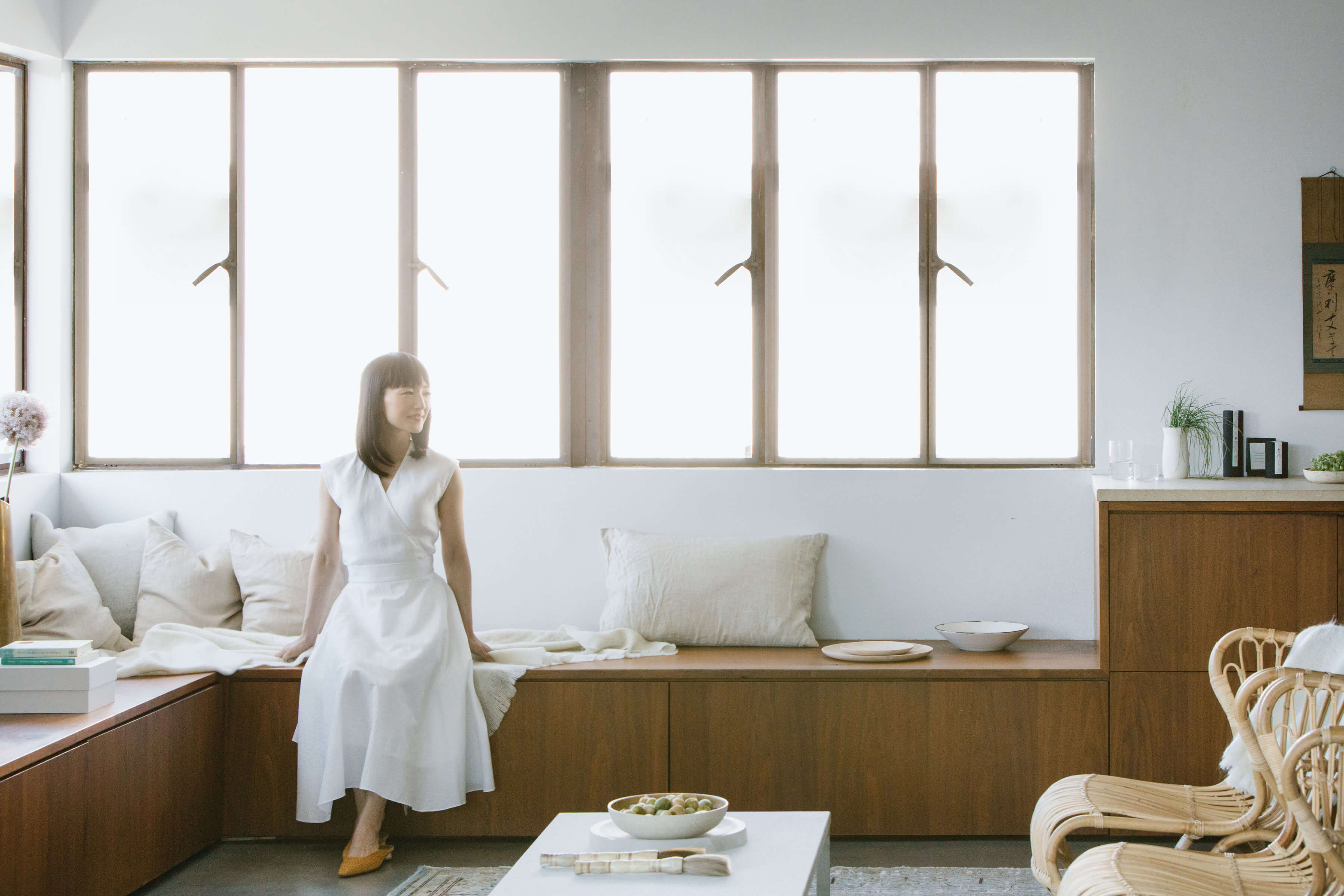Efficient Methods for Accepting Minimalism in a Busy Way of living
Efficient Methods for Accepting Minimalism in a Busy Way of living
Blog Article
Recognizing Minimalism: Methods for Minimizing Clutter and Enhancing Clarity in Everyday Living
Minimalism is increasingly recognized as a viable method to improving clearness and emphasis in today's messy globe. By systematically examining our ownerships and prioritizing intentionality, we can create rooms that not only show our values however also promote mental wellness. Utilizing approaches such as the "Four-Box" strategy can help with a much more well organized setting, yet real obstacle exists in cultivating a minimal state of mind that sustains these initiatives. Exploring the subtleties of this viewpoint might expose unexpected understandings right into how you can change your every day life. When you accept this intentional simplicity?, what might you uncover.
Specifying Minimalism and Its Advantages
Defining minimalism includes recognizing it as a way of life option that emphasizes simplicity and intentionality in both physical possessions and daily routines. At its core, minimalism encourages individuals to prioritize what really matters, permitting an extra meaningful and focused presence. By stripping away the non-essential, minimalism welcomes individuals to engage deeply with their environments and experiences.
The advantages of embracing a minimalist method are multifaceted. It promotes mental clearness, as reducing clutter in one's setting can lead to lowered disturbances and tension. Individuals usually report improved concentration and improved productivity when surrounded by less ownerships. Minimalism promotes economic flexibility; by prioritizing demands over desires, individuals can make more enlightened purchasing decisions, leading to possible savings and decreased financial debt. A minimalist way of living can produce psychological benefits, as it encourages people to cultivate thankfulness for what they have rather than yearning for a lot more.
Inevitably, minimalism is not just concerning worldly decrease yet includes a holistic change in viewpoint, fostering a life defined by fulfillment, function, and equilibrium. Accepting this way of living can bring about profound modifications in just how individuals engage and view with the world around them.
Evaluating Your Present Clutter
Clutter usually manifests as an overwhelming accumulation of items that no more offer an objective, developing an obstacle to attaining a minimal lifestyle. To effectively examine your existing clutter, it is essential to take on a methodical method. Begin by recognizing the areas in your home that feel chaotic or overwhelming. Remember of certain groups of things, such as garments, publications, or kitchenware, as this will assist you comprehend the range of the clutter.

Additionally, consider the regularity of use for each thing. Inevitably, comprehending your current mess is an essential action towards accepting minimalism and boosting quality in your daily living.

Practical Decluttering Methods
Having actually assessed your present mess, the following action is to carry out practical decluttering methods that promote an even more arranged living area. Minimalism. One efficient approach is the "Four-Box" method, where you assign 4 boxes classified: keep, donate, trash, and relocate. This technique motivates quick decision-making and guarantees items are classified appropriately
Another method is the "One in, One out" guideline, which stipulates that for every why not try these out single brand-new product acquired, an existing item must be gotten rid of. This concept helps preserve balance and stops buildup with time. Additionally, consider the "30-Day Minimalism Game," where you get rid of one item on the very first day, 2 on the second, and so forth, cumulatively promoting a sense of success.
For those that deal with emotional add-ons to ownerships, the "Sentimental Worth" approach can be advantageous. Limit on your own to a specific variety of cherished items, permitting you to value their relevance without overwhelming your area. Establish a regular decluttering routine, whether monthly or seasonally, to preserve a clutter-free environment. By utilizing these strategies, you can produce an extra reliable and serene home, ultimately improving clarity in your day-to-day life.
Developing Deliberate Rooms
Creating willful spaces entails a thoughtful method to how we style and organize our settings, ensuring each area serves a specific purpose and mirrors our values. This technique is vital in cultivating a sense of clearness and objective in important site our day-to-days live. By seriously analyzing the function of each space, we can eliminate diversions and improve our overall well-being.
To produce willful areas, begin by identifying the key tasks that will occur in each location. A home office must be made to foster productivity, including components such as appropriate lights, comfortable furniture, and very little diversions. On the other hand, a relaxation area must advertise peace, featuring relaxing colors and comfy seating.
In addition, take into consideration the psychological impact of your environments (Minimalism). Integrating individual items that reverberate with your values, such as art work or plants, can improve the connection to your space. On a regular basis examine these atmospheres to ensure they continue to serve their intended purpose as your demands progress
Inevitably, producing intentional spaces has to do with making conscious choices that align with your lifestyle, promoting consistency and effectiveness in your living and functioning settings.
Keeping a Minimalist Way Of Thinking
Accepting a minimalist attitude requires recurring reflection and intentionality in our thoughts and actions. This approach involves growing recognition of our worths and top priorities, enabling us to filter disturbances and concentrate on what truly matters. To keep this mindset, normal self-assessment is vital. Set apart time to evaluate your commitments, possessions, and even digital content, guaranteeing they line up with your core my website principles.
An additional trick approach is to practice gratitude. Recognizing what you currently possess fosters contentment and lowers the desire for unwanted. This change in perspective urges appreciation for simpleness, boosting total well-being. Integrating mindfulness methods, such as meditation or journaling, can even more strengthen a minimalist attitude by promoting clarity and decreasing psychological mess.
In addition, establish borders to shield your energy and time. Discover to state no to non-essential obligations and diversions that do not add to your individual growth. Border on your own with like-minded people who support your minimal journey, as shared values can boost inspiration and liability.
Verdict
In verdict, accepting minimalism supplies considerable advantages, consisting of decreased mess and improved clearness in day-to-day life. The concepts of minimalism offer as useful tools for cultivating an environment that sustains individual development and wellness.

Additionally, take into consideration the "30-Day Minimalism Game," where you remove one thing on the first day, two on the second, and so forth, cumulatively fostering a feeling of success.
In final thought, embracing minimalism offers considerable benefits, consisting of decreased mess and enhanced clarity in everyday life.
Report this page